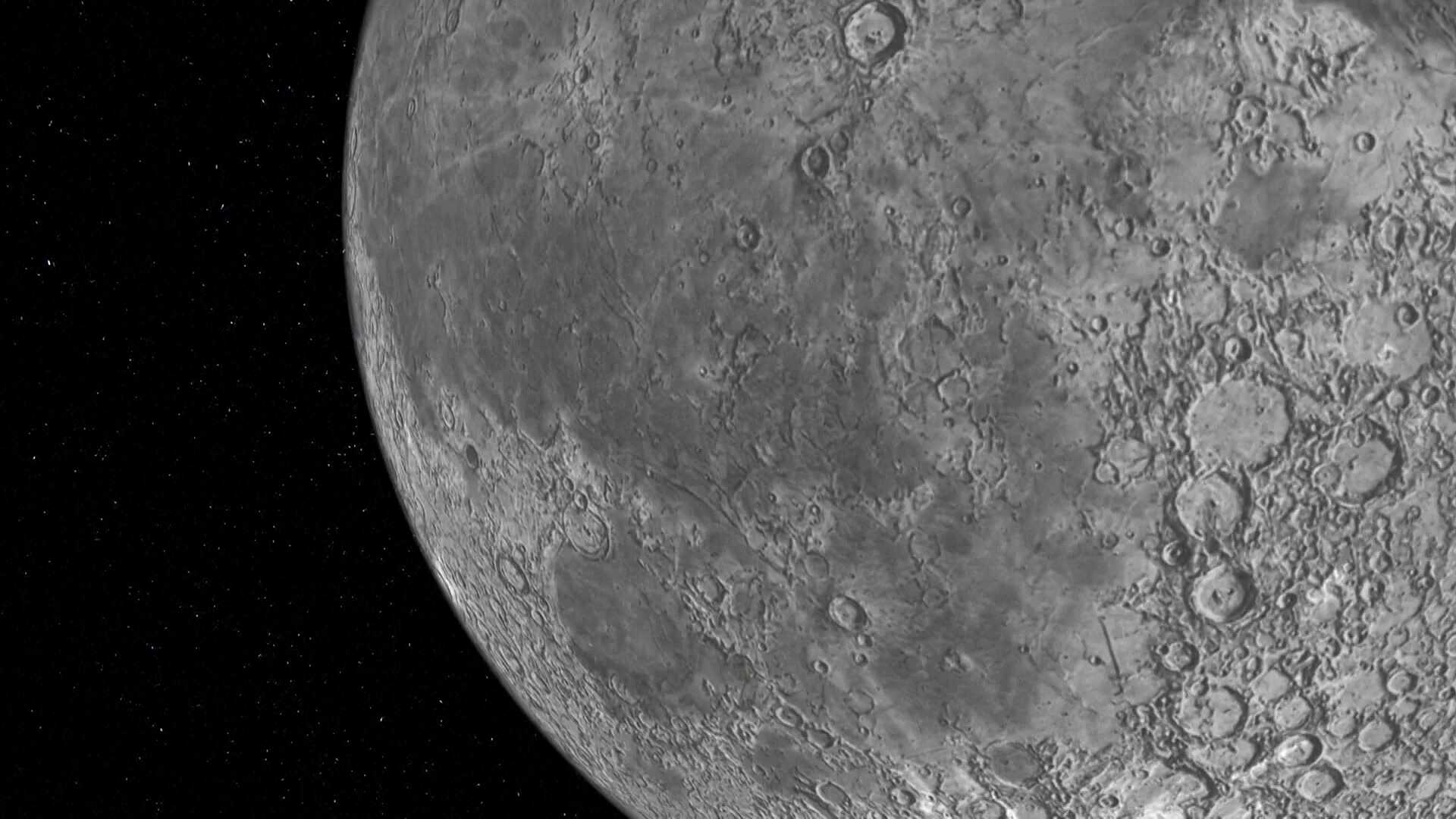
Scientists Report Increased Rather Than Decreased Soil Carbon Accumulation in Boreal Sphagnum Peatlands Under Warming

Chinese Scientists Discover Genetic "Molecular Target" Module for Wheat Flowering Time in Response to Climate Change
What Shapes Regional and Local Scale Spatial Patterns of PhoD Gene Abundance in Tropical and Subtropical Forests?
Feb 10, 2026Researchers Identify Key Genes Controlling Rice Tiller Angle
Feb 10, 2026Researchers Uncover Temporal Evolution of GRB 240825A Afterglow
Feb 10, 2026Scientists Develop Novel Nanothrombolytic Strategy
Feb 10, 2026
Scientists Make Lunar Chronology Breakthrough with Chang'e-6 Samples from Far Side of Moon

Could Triploid Kelp Cultivars Expand Seaweed Farming in the Face of Climate Change?

Chinese Scientists Achieve Major Breakthrough in Scalable Quantum Networks
Scientists Measure Coldest Ocean Temperatures during 'snowball Earth' Period
FAST is the world’s largest single-dish radio telescope. Its main scientific fields include conducting large sky neutral hydrogen survey, observing pulsars, detecting interstellar molecules, and searching for extraterrestrial intelligence. Its unparalleled sensitivity and excellent survey speed will help astronomers further explore the universe.

Hulunbuir, Inner Mongolia
